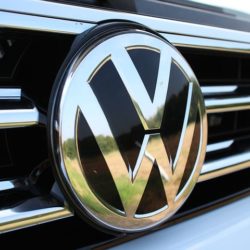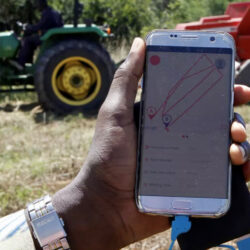Potential interruptions to manufacturing at Volkswagen

There is a strong chance that Volkswagen’s production activities will face interruptions this autumn as a result of tighter European standards for passenger cars. According to the car manufacturer, the inspection bodies lack sufficient staff and equipment to test all the new models in time. Besides the new models, all existing models must be certified too.
As of 1 September 2018, all new cars must be certified in line with the Worldwide Harmonized Light Vehicle Test Procedure (WLTP) in order to be sold. According to Herbert Diess, CEO of Volkswagen, the VW brand alone has more than 200 model variants which must all be tested and type-approved within a very short space of time. Media reports quote him as stating that production interruptions must therefore be expected in the third quarter of this year.
Renault and Hyundai are also at risk of running into problems and having to temporarily halt production. The new standards will have less of an impact on Daimler and BMW who have indicated that, although they have temporarily taken a number of individual model variants out of production, they do not expect any significant reductions in manufacturing. “Our sales targets remain unchanged,” commented a BMW spokesperson.
Testing organizations fully booked
Testing organizations such as TÜV, Dekra and ADAC are fully booked for the foreseeable future. This is exacerbated by the fact that not only new car models but also existing ones and their variants must all comply with the new WLTP testing methods by 1 September. The inspection bodies simply do not have sufficient capacity to complete the necessary testing of all the different car models. The testing procedure has been described as time consuming and can easily take up to 48 hours for just one type of car.
A report in the Dutch financial newspaper FD claims that many automotive manufacturers have underestimated the extent of the new demands on cars. Petrol engines must be fitted with a soot filter, for example, and besides passing the WLTP test, both diesel and petrol vehicles with a direct injection engine must also complete a practical test in line with the Real Driving Emission standard. This test – which is conducted on public roads – measures the nitrogen emissions of diesels and the particulate emissions of petrol cars with a direct injection engine.
Certification introduced too quickly
The German automotive organization VDA believes that the compulsory certification has been introduced too quickly, in view of the fact that the standards were only approved on 27 July 2017. “It usually takes three years just to develop a soot filter for petrol engines,” states the VDA in FD, which is why the organization is calling for the deadline to be extended to 1 September 2019. The European Commission has dismissed the criticism, responding that manufacturers have known for several years that the new standards were in the pipeline.










